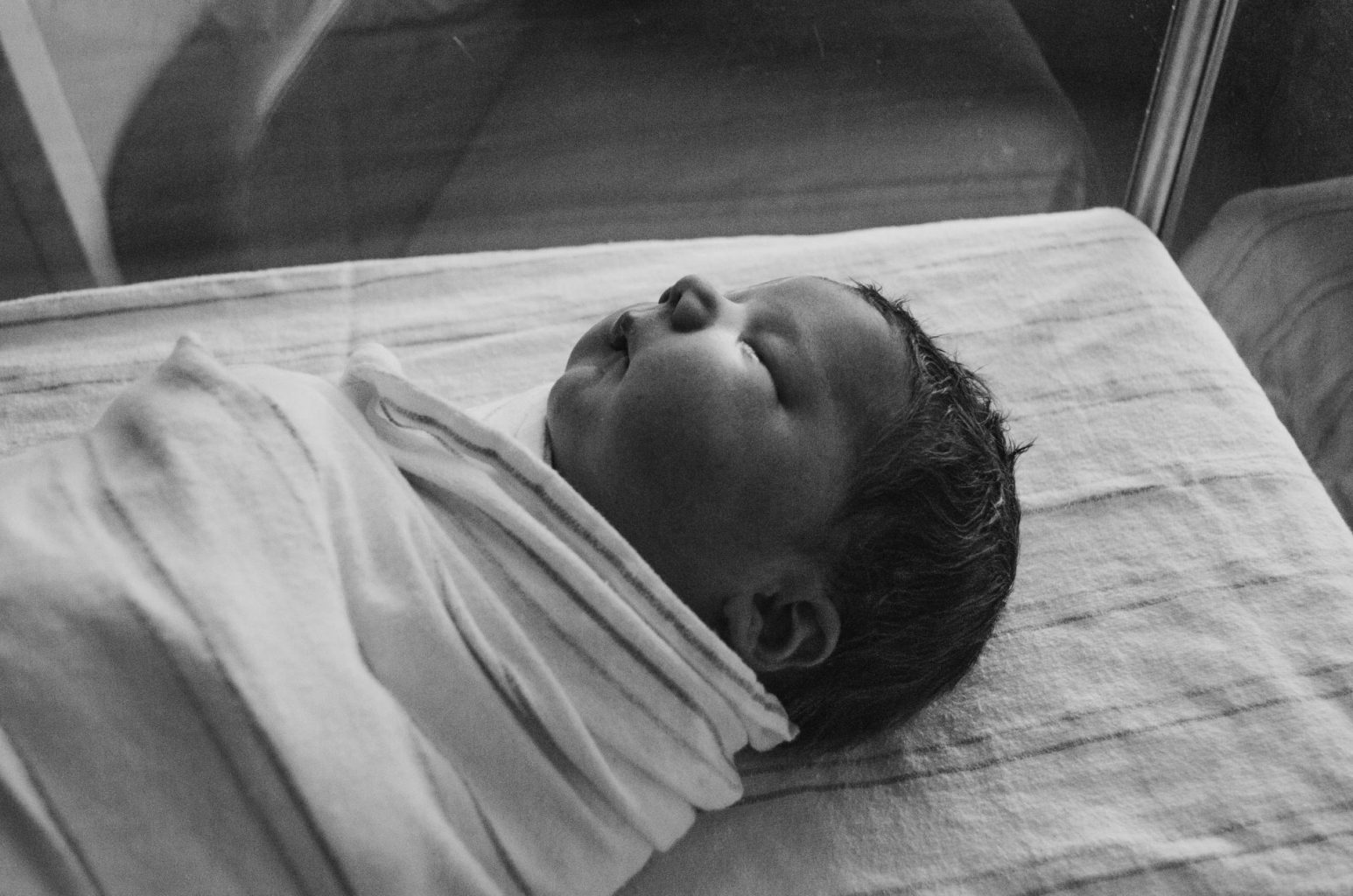Newborn Sleep Routines: The Basics
Ok, it’s no secret that newborns sleep waaaay more than we do. The average newborn is recommended to get between 14-17 hours of sleep every single day up until the 3 month mark. Wouldn’t that be the life? Though the amount of sleep varies between newborns, they will generally be happy to follow a general newborn sleep routine (with a few exceptions) if you start training them to do so right off the bat. So, how can you foster newborn sleep routines that actually work? Follow the tips below or get in touch via the Sleep Sweet Sleep Deep contact page for a one-on-one consultation.
Newborn Sleep Routines: Top Tips
Try, try and try again
This is the number one point because it is so very important. Sleep routines aren’t a “one-size-fits-all” kind of deal. Some babies sleep perfectly at all the right times, others are the complete opposite. A lot of the time, much of the “figuring it out” process is trial and error. That’s why so many parents turn to a sleep consultant for help when they can’t seem to settle their newborn into a sleep routine that works. The key is not to give up, keep trying and ask for help if you need it.
Look for wake windows and sleep cues
I don’t recommend generalised schedules or tracking for your baby’s sleep routines, however I do think it is important to pay attention to your newborn’s wake windows (how long they are awake) and their different cues to clue into how they’re feeling. When you’re in tune with your baby’s cues, you’ll find it easier to notice if something is wrong that may be causing them issues in regards to their sleep routine.
Try the “Eat – Play – Sleep” cycle
The cycle goes: Baby eats immediately after waking up. Baby is awake for playtime for a little while. Baby goes back to sleep. The cycle starts again. In conjunction with this, it’s a great idea to try and start/finish the day at the same time in order to bring a little more structure to their routine.
The “Eat – Play – Sleep” cycle works in a few ways:
- It encourages baby to have a full feed when they have the most energy after just waking up. This helps promote longer time between feedings.
- It prevents the baby from associating sleep with milk and becoming reliant on it as a sleep prop.
Again, it’s important to remember that the fourth trimester is all about comfort and promoting gentle sleep hygiene. Don’t forget that every baby is different. Not all newborns will cooperate with the “Eat – Play – Sleep” cycle so this is where we circle back to point number one: keep trying different approaches – don’t give up. Get in touch if you need any help at all.
You’ve got this 🙂 x

